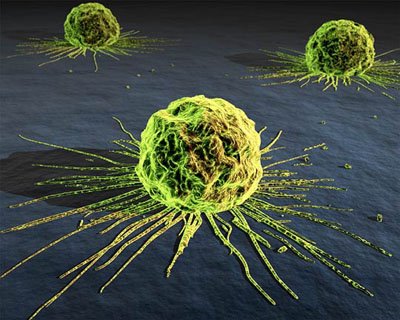
Fas apoptosis inhibitory molecule (FAIM) has been indentified as a potential cancer biomarker
Singapore: Scientists at A*STAR's Bioprocessing Technology Institute (BTI) have identified Fas apoptosis inhibitory molecule (FAIM), a molecule that typically prevents cell death, as a potential biomarker to identify an incurable form of cancer in the bone marrow.
Patients with this form of cancer usually do not get cured with current standard treatments and have an average survival rate of only about four years. FAIM could thus be a therapeutic target in these patients, as drugs developed to target the molecule could destroy multiple myeloma cells and hence eradicate the cancer.
The scientists discovered that FAIM affected the activation of Akt, an important enzyme required for cancer cell proliferation. It was also found that this protein was present at higher levels in the plasma cells of these patients as compared to normal individuals, and that higher levels of FAIM correlated to poorer survival outcomes of patients.
This collaborative research was led by Professor Lam Kong-Peng, BTI, A*Star, along with clinician-scientists at the National University Cancer Institute, Singapore (NCIS), and the Cancer Science Institute of Singapore (CSI Singapore) at the National University of Singapore. The research findings were published in Leukemia.
Associate professor Chng Wee Joo, senior consultant haematologist, department of haematology-oncology, NCIS, and senior principal investigator at CSI, said that, "Treatment failure due to drug resistance is an important reason why patients with multiple myeloma have a poor outcome. In this study, we identified FAIM as a new biomarker that is associated with poor outcome as well as an important mediator of growth signals in myeloma cells that could lead to drug resistance."




